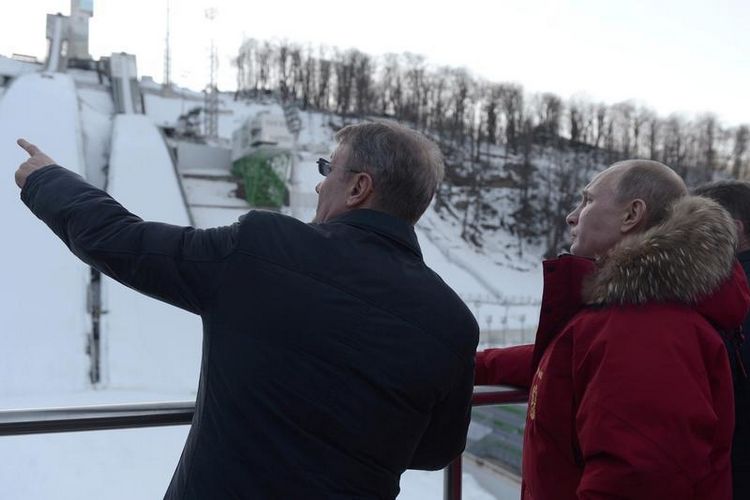Western lenders are attempting to offload loans to Russian borrowers in the secondary market, cutting exposure to the region in response to the increasing unease following Russia’s seizure of Crimea. They are looking to lower holdings of loans for Russian banks, as well as performing and non-performing corporate credits, through both portfolio and single-name sales.
“Most banks are getting nervous now and the loan market is starting to see a flow of Russian names coming from banks at good prices. All [financial institution] deals used to be shown at par or above and it was very difficult to source the paper as no one wanted to sell. Now the loans are being shown everywhere and at levels below par,” a loan trader said.
Loans for Russian banks were quoted at 98.3% of face value last Thursday from 99.1% at the start of February, according to Thomson Reuters data – the lowest level since data began to be recorded in October 2010. The bid-ask spread was at 0.6 last Thursday – the widest level since February 2013, reflecting the increased volatility.
“VEB is due to refinance its loans at the end of April. The paper is usually quoted at par or above but is now down half a point, which is unusual seeing as it is due to repay at par in a matter of weeks”
The loan sales are expected to attract significant attention from hedge funds and other players that rarely get a look at the paper, as it is not often traded.
Bank bother
Some individual Russian FI loans have experienced bigger losses, including those in Vnesheconombank, which is very exposed to Ukraine. VEB’s loans were quoted at around 99.5 last Thursday compared with par or above par a few weeks ago, where it usually trades.
“VEB is due to refinance its loans at the end of April. The paper is usually quoted at par or above but is now down half a point, which is unusual seeing as it is due to repay at par in a matter of weeks,” the trader said.
Similarly, loans in VTB and Sberbank were also quoted lower at around 98.5 on Thursday. A few weeks ago, both loans were trading around par. VTB is due to refinance in July and Sberbank in December.
Questions remain over how easy it will be to refinance FI loans in the market as banks’ appetite for the paper reduces.
Among the major Russian corporate borrowers, aluminium giant Rusal, which has been hit by weak aluminium prices and heavy net debt levels, felt the brunt of the volatility as its loans plummeted to the low to mid-70s on Thursday compared with about 85 a few weeks ago.
Oil and gas companies have also been hit by volatility, with debt owed by subsidiaries of oil giant Gazprom seeing significant falls, according to Thomson Reuters data.
Gazprom Neft’s dollar revolver and Severneftegazprom’s dollar term loan have both dropped around half a point since the beginning of February and were quoted at 98.1 and 97 respectively last Thursday. Gazprom polyethylene production unit Novy Urengoy Gas & Chemical Complex saw its euro term loan drop by almost a point from February 1 to 98.6.
